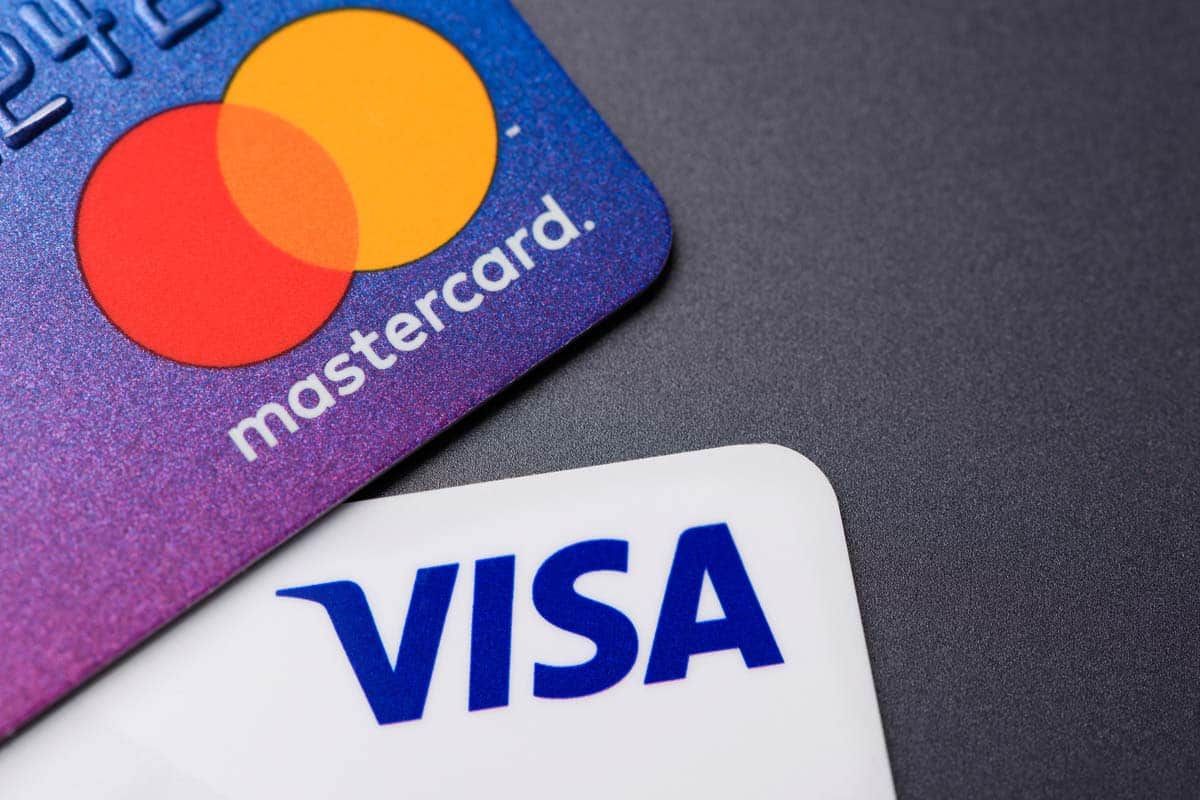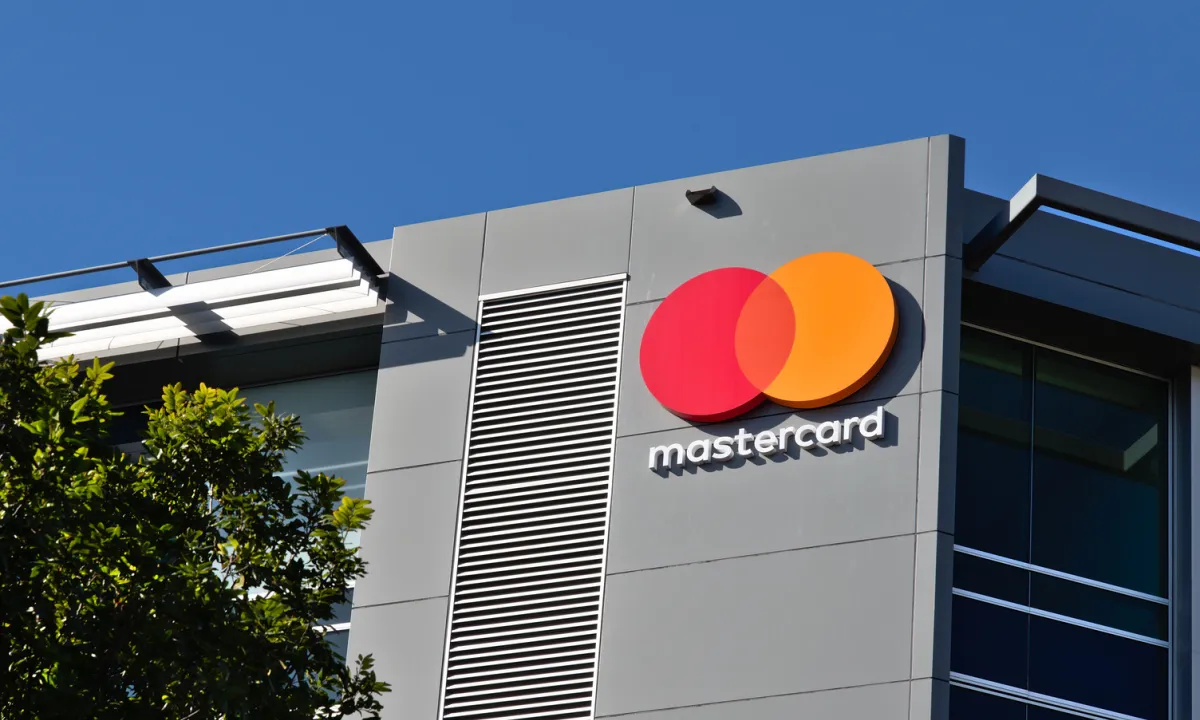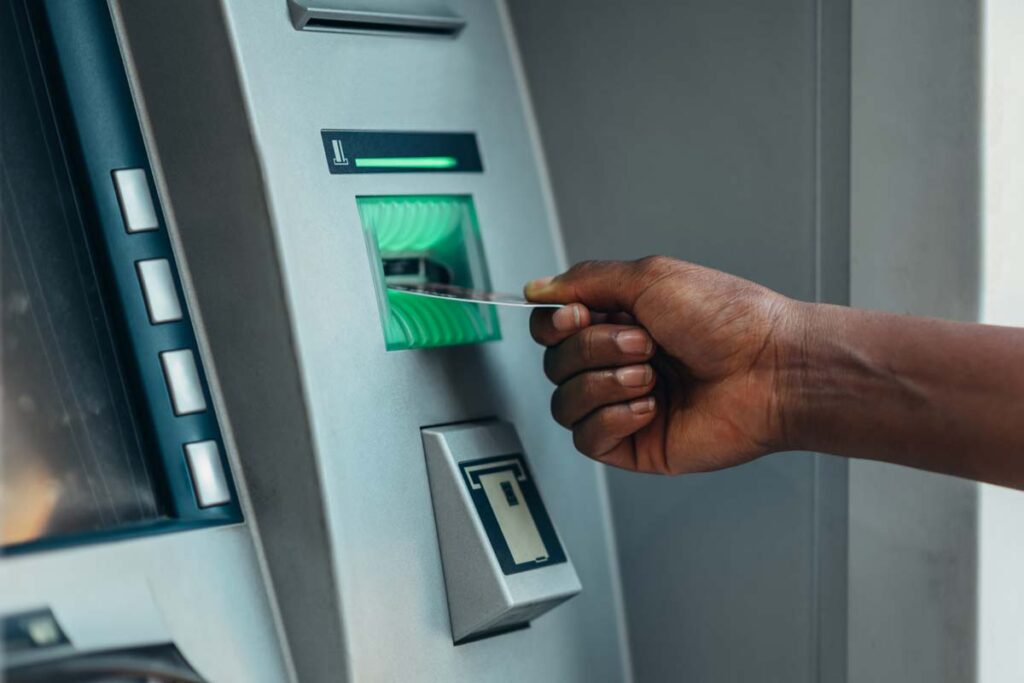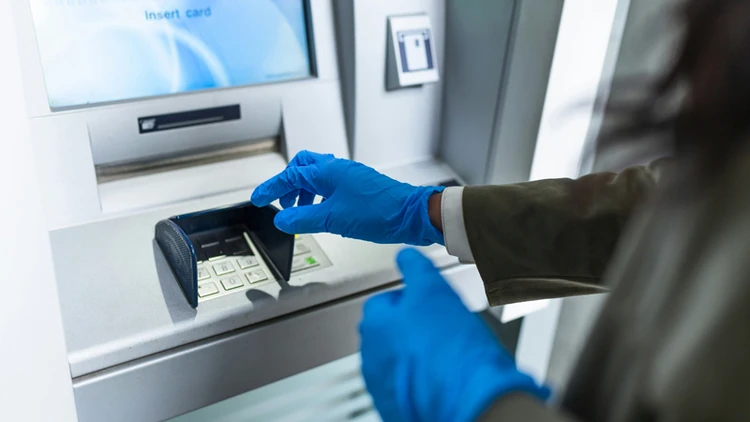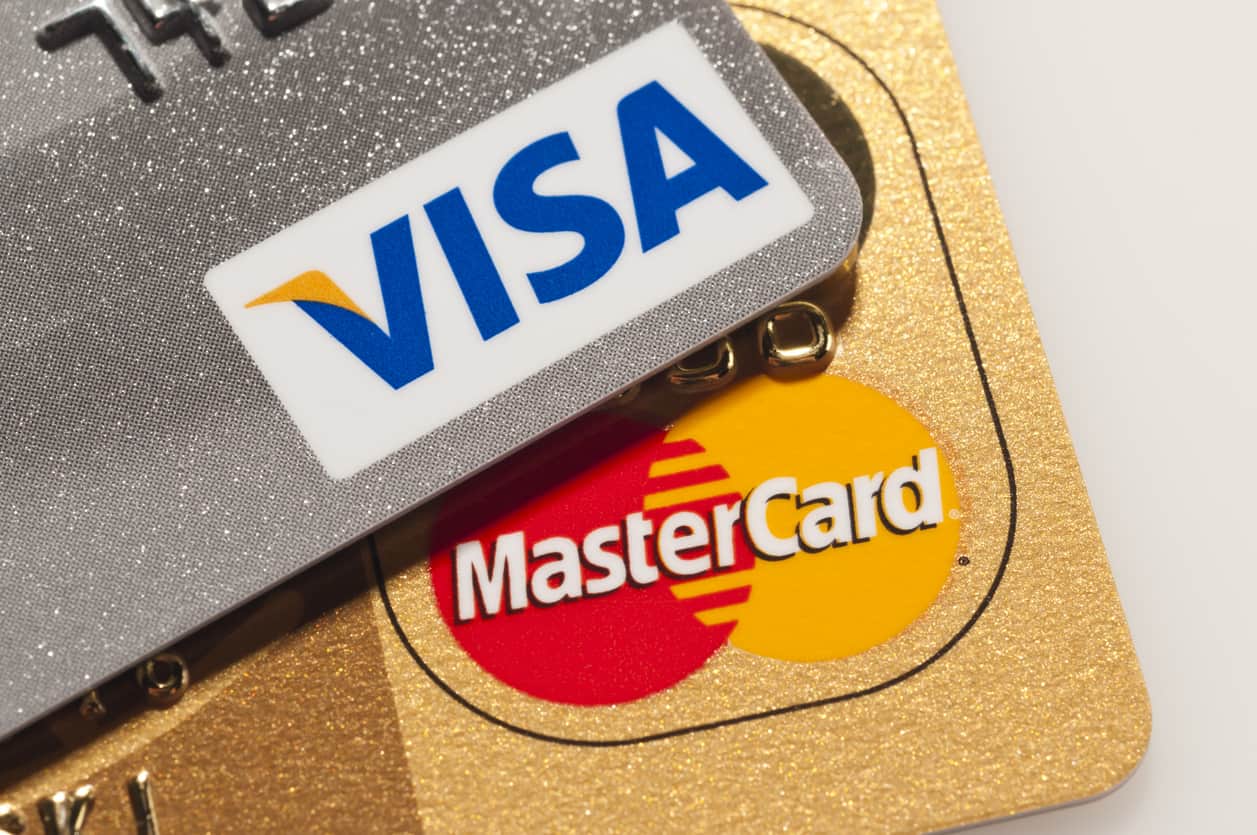Visa Mastercard Reach Settlement In Atm Fee Lawsuit

Imagine stepping up to an ATM in a bustling city, or a quiet rural town. You quickly withdraw some cash for a weekend getaway or a simple treat, relieved to have easy access to your funds. But behind that seemingly simple transaction, a complex financial ecosystem is at play, one that has been the subject of legal wrangling for years.
Visa and Mastercard have reached a settlement in a long-running antitrust lawsuit concerning ATM fees. This agreement, which still requires court approval, promises to bring significant changes to how these fees are assessed and disclosed, potentially offering consumers more clarity and control over their banking transactions.
The Roots of the Dispute
The lawsuit, initially filed years ago, centered around allegations that Visa and Mastercard conspired with banks to inflate ATM fees. The plaintiffs, a group of consumers and independent ATM operators, argued that the networks' rules restricted competition and prevented ATM operators from offering lower prices to customers.
Specifically, the plaintiffs claimed that network rules limited the ability of ATM operators to offer surcharges that differed based on the card network used. This, they said, hindered their ability to negotiate better rates with smaller networks or to offer discounts to customers who used less expensive options.
The core of the issue was the "honor all cards" rule enforced by Visa and Mastercard. This rule requires ATM operators to accept all cards bearing their logo, even if the operator had a preferred agreement with a different network offering lower transaction fees. The lawsuit alleged that this rule effectively stifled competition and kept fees artificially high.
The Terms of the Settlement
While the full details are subject to court approval, the settlement is expected to include several key provisions. Most importantly, it is expected to allow ATM operators to offer surcharges that vary based on the card network being used.
This would empower ATM operators to potentially negotiate lower fees with smaller networks, and pass those savings on to consumers. Imagine seeing a clearly displayed screen: "Visa users: $3 surcharge. Network X users: $2 surcharge."
Additionally, the settlement is anticipated to mandate greater transparency in fee disclosure. ATM operators will likely be required to provide more prominent and clearer notifications about the fees that will be charged, before the transaction is finalized.
Potential Impact on Consumers
The settlement could lead to a more competitive ATM fee landscape. Consumers might benefit from lower fees at some ATMs, particularly if smaller networks gain traction and ATM operators are incentivized to offer discounts.
The enhanced fee disclosure requirements will also provide consumers with more control over their spending. They can make informed decisions about whether to proceed with a transaction, seek out an alternative ATM, or use a different payment method altogether.
However, the actual impact on fees will depend on how ATM operators and smaller networks respond to the changes. It's possible that the impact will be minimal in some areas, especially where ATM density is low.
Reactions and Perspectives
Statements from Visa and Mastercard have emphasized their commitment to providing consumers with convenient and secure access to their funds. They highlighted the importance of ATMs in the financial ecosystem and the need for a balanced approach that supports both consumer access and network security.
Attorneys representing the plaintiffs have expressed optimism about the settlement's potential to bring meaningful change to the ATM fee market. They believe that increased competition and transparency will ultimately benefit consumers by putting downward pressure on fees.
Independent ATM operators have offered mixed reactions. While welcoming the potential for greater flexibility in setting fees, some remain cautious about the ability of smaller networks to compete effectively against the dominance of Visa and Mastercard.
Broader Implications for Payment Systems
The ATM fee settlement is just one piece of a larger puzzle in the evolving landscape of payment systems. The rise of mobile payments, digital wallets, and other cashless technologies is already transforming how people access and manage their money.
As consumers increasingly adopt these alternative payment methods, the role of ATMs may evolve. However, ATMs are likely to remain a critical component of the financial infrastructure, particularly for those who lack access to banking services or prefer cash transactions.
This settlement underscores the ongoing scrutiny of network rules and fee structures in the payment industry. It highlights the importance of ensuring fair competition and transparent pricing in a market that affects millions of consumers every day.
A Step Towards Greater Financial Clarity
The settlement between Visa, Mastercard, and the plaintiffs in the ATM fee lawsuit represents a significant, albeit incremental, step towards greater transparency and competition in the ATM market. While the immediate impact on consumers may vary, the potential for lower fees and clearer disclosures is a welcome development.
It serves as a reminder that even seemingly small fees can add up over time, and that consumers deserve clear and upfront information about the costs associated with their financial transactions. The settlement is not a magic bullet, but a promising move towards a fairer system.
In the end, the hope is that this agreement will not only save consumers a few dollars at the ATM, but also empower them to make more informed decisions about their finances. Only time will tell if that is indeed the case, but for now, a path toward greater clarity has been paved.




